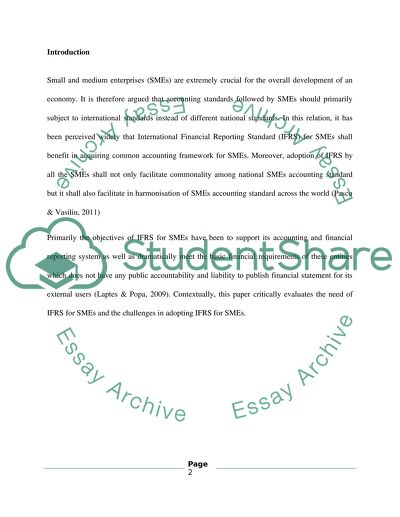Cite this document
(“IFRS for Small & Medium Entities Literature review”, n.d.)
IFRS for Small & Medium Entities Literature review. Retrieved from https://studentshare.org/finance-accounting/1470444-ifrs-for-small-medium-entities
IFRS for Small & Medium Entities Literature review. Retrieved from https://studentshare.org/finance-accounting/1470444-ifrs-for-small-medium-entities
(IFRS for Small & Medium Entities Literature Review)
IFRS for Small & Medium Entities Literature Review. https://studentshare.org/finance-accounting/1470444-ifrs-for-small-medium-entities.
IFRS for Small & Medium Entities Literature Review. https://studentshare.org/finance-accounting/1470444-ifrs-for-small-medium-entities.
“IFRS for Small & Medium Entities Literature Review”, n.d. https://studentshare.org/finance-accounting/1470444-ifrs-for-small-medium-entities.


